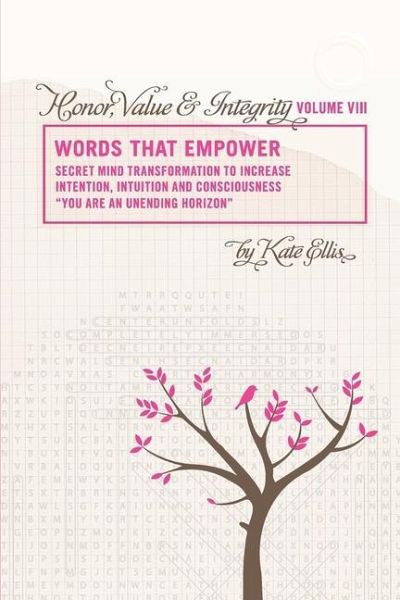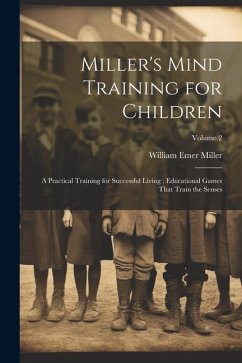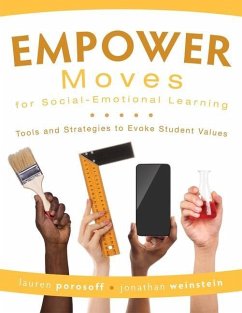
Words that Empower "Honor, Value & Integrity" VIII
Versandkostenfrei!
Versandfertig in über 4 Wochen
12,99 €
inkl. MwSt.

PAYBACK Punkte
6 °P sammeln!
From "Honor, Value and Integrity" Words-That-Empower, Volume VIII. Introductory contribution By Jim Namaste, Ph.D. Why Empower Puzzles Are Important When you first see one of the empower puzzles you may overlook its significance. Some people believe that wordsearch puzzles are a "waste of time." [If you think that, please read on, because you may be surprised what recent brain scan research has shown.] In my case I knew nothing about wordsearch puzzles and the first few times I saw Kate Ellis' puzzles they didn't catch my attention. Like most everybody else, I have done crossword puzzles and t...
From "Honor, Value and Integrity" Words-That-Empower, Volume VIII. Introductory contribution By Jim Namaste, Ph.D. Why Empower Puzzles Are Important When you first see one of the empower puzzles you may overlook its significance. Some people believe that wordsearch puzzles are a "waste of time." [If you think that, please read on, because you may be surprised what recent brain scan research has shown.] In my case I knew nothing about wordsearch puzzles and the first few times I saw Kate Ellis' puzzles they didn't catch my attention. Like most everybody else, I have done crossword puzzles and that is the only (wrong) association I made. Then I saw some of the different figures Kate created, as well as one or two of the colored patterns, and I became curious. When I looked into them further I realized that indeed, there was power in Kate's puzzles, a power that anyone can unleash to benefit them-selves and others. Empower Puzzles and Brain Scan Research Professor Phillips initiated the study because she was interested in learning more about distractibility, attention and focus. She wanted to learn what happens in the brain when people read more leisurely versus when they are asked to pay more attention. Distractibility has been a theme that occurs often in Jane Austen's novels. The preliminary results were unexpected to say the least. As Ms. Phillips stated, "What's been taking us by surprise in our early data analysis is how much the whole brain - global activations across a number of different regions - seems to be transforming and shifting between the pleasure and the close reading." Phillips said she expected to see some differences in the areas of the brain that regulate attention because that was the primary difference relating to casual and concentrated reading.












